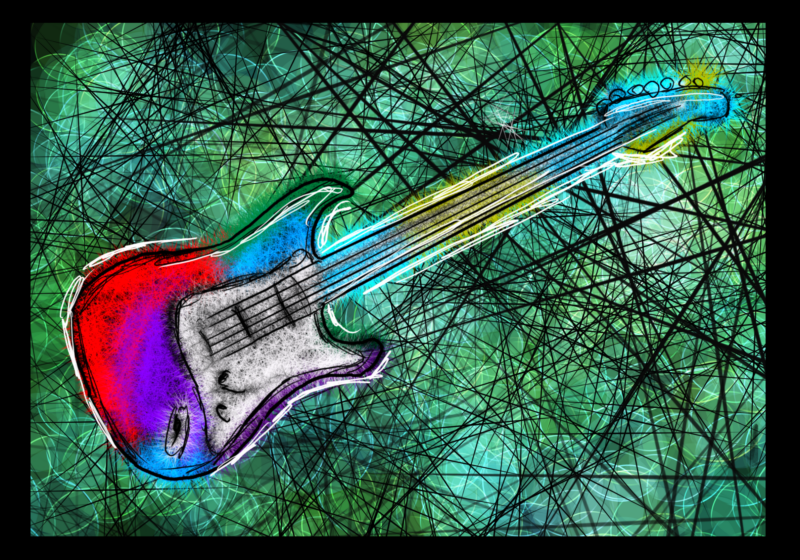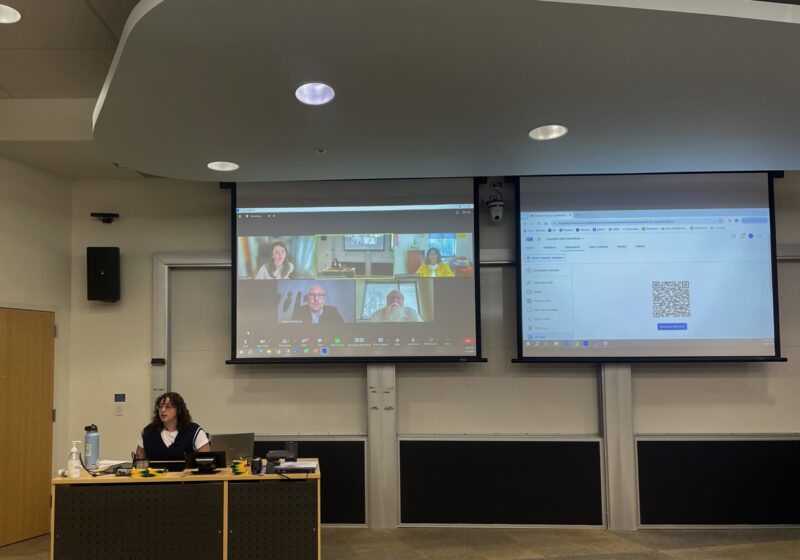It’s well known that college students are not always the most involved group when it comes to politics, especially at the local level. An initiative started at UR, however, is looking to change this by encouraging college students to become election inspectors (i.e. poll workers) for the Monroe County general elections.
The new initiative — called the Election Fellows program — is seeking to recruit 150 poll workers from area colleges for the Nov. 2 elections, building greater student involvement in local politics in the process. By fostering this interest among college students, the hope is that the Election Fellows program will also find eventual replacements for the current aging poll workers.
“We… hope that after this experience students will want to work the polls next year also,” Christie Torruella, Program Director for the Rochester Center for Community Leadership said.
Students working as election inspectors will be paid $225 to work 16 hours at the polls. Students will operate in groups of two, with each pair working alongside at least two experienced inspectors.
“I think through spending 16 hours with someone who has been [working the polls] for 30 years in their community, the students will be able to learn a lot about how the polling sites have changed over the years, as well as how the community has evolved,” junior and one of two Election Fellows from UR Erica Messner said.
The Election Fellows themselves consist of students from UR, Roberts Wesleyn College and Monroe Community College, and they do the actual recruiting. All the Election Fellows had to attend a week long leadership training course. During the training, the students identified their strengths and weaknesses as leaders, and toured local political facilities to learn the details of political practice at the local level.
According to Messner, however, perhaps the most valuable part of the
training was the opportunity to collaborate with the other Election Fellows to develop recruitment tactics tailored to the three very different college environments.
At UR, the recruitment process is beginning to kick into high gear. The UR Election Fellows are placing posters and flyers around campus and networking with student groups.
In addition, the Election Fellows are in contact with and are giving presentations to politically active groups on campus, such as the College Democrats and College Republicans.
Other groups being contacted include the Spanish and Latino Students’ Association and the Black Students’ Union, as gathering a diverse group of election inspectors is one of the key goals of the program.
The Election Fellows aren’t just recruiting 150 students at random — they are also looking to maintain perfect bipartisanship in the group by getting exactly 75 registered Democrats and 75 registered Republicans.
According to Messner, the reason for this can be traced back to New York State law, which states that the two main parties represented in an election must run it in perfect equality.
Although the Help America Vote Act — the grant that provides funding for the Election Fellows — stipulates that the program can’t be used to recruit voters directly, Messner feels that the Election Fellows initiative will have an effect on voter turnout nevertheless.
“I think the biggest issue for college students’ voting is that they just forget — they just don’t think about it,” she said. “When you hear that 50 of your college friends are going to work the polling sites … it makes you think about voting.”
Applications to become an election inspector can be found on the Rochester Center for Community Leadership (RCCL) website. A job posting for election inspectors has also been put up on the University’s CareerLink website.
Fleming is a member of the class of 2013.





